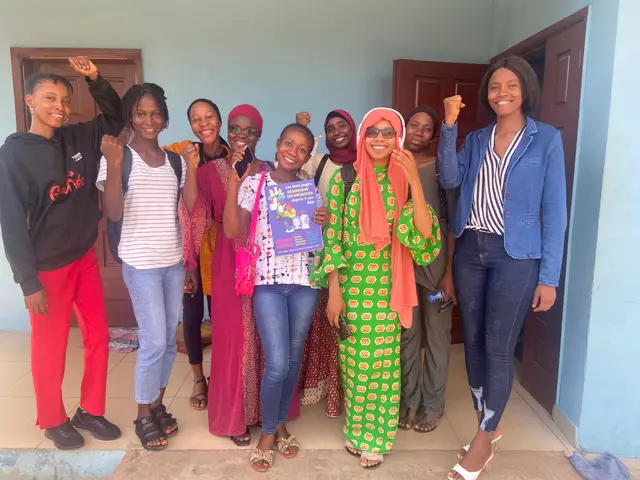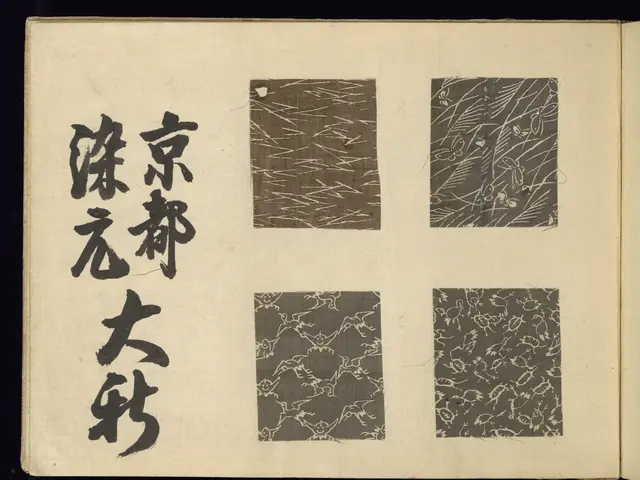UNESCO Honors Solar-Powered Floating Schools in Bangladesh
The UNESCO Confucius Prize for Literacy 2025 was awarded in Qufu, Shandong Province, China, the birthplace of Confucius. Muhammad Rezwan's innovative solar-powered floating schools, a project of his organisation Shidhulai Swanirvar Sangstha, received the prestigious honour.
Muhammad Rezwan's idea was to bring schools to the water, ensuring education continued even when villages were submerged due to flooding. UNESCO praised this locally rooted innovation for delivering literacy education to marginalised learners in flood-prone regions.
The Bangladesh government has incorporated Rezwan's floating schools into its National Adaptation Plan 2050. The project has been replicated across Bangladesh and inspired similar initiatives in Asia, Africa, and Latin America. UNESCO selected Bangladesh's Shidhulai Floating Schools, Ireland's Learn with NALA eLearning, and Morocco's Second Chance School and Inclusive Education Programme for the prize. Rezwan received the trophy and certificate on behalf of his organisation.
The Chinese government-sponsored UNESCO Confucius Prize for Literacy 2025 recognised Muhammad Rezwan's solar-powered floating schools. The award highlights the global impact of locally driven innovation in education, ensuring learning continues in challenging environments.
Read also:
- Executive from significant German automobile corporation advocates for a truthful assessment of transition toward electric vehicles
- Crisis in a neighboring nation: immediate cheese withdrawal at Rewe & Co, resulting in two fatalities.
- United Kingdom Christians Voice Opposition to Assisted Dying Legislation
- Democrats are subtly dismantling the Affordable Care Act. Here's the breakdown







